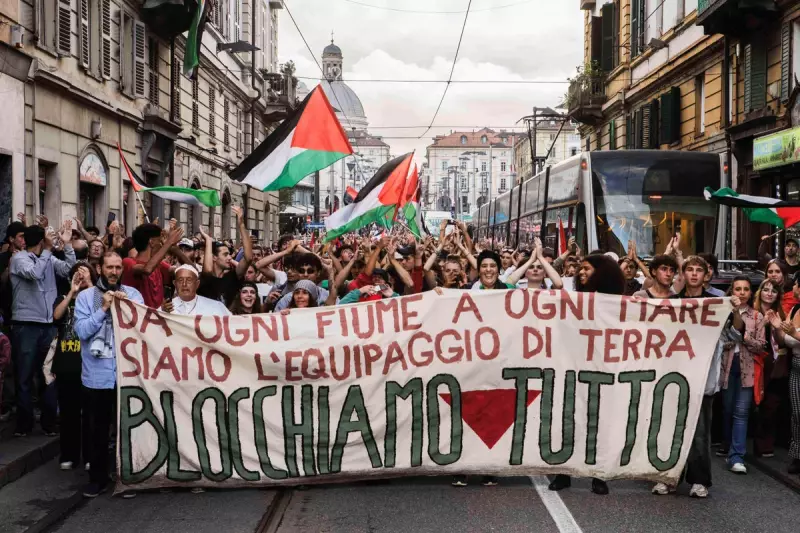
Italian Prime Minister Giorgia Meloni has ignited a diplomatic firestorm with her staunch defence of Israel's military operations in Gaza, creating significant tensions with the UK government and exposing deep divisions within European leadership.
A Controversial Stance on the World Stage
During a recent high-profile interview, Meloni firmly backed Israel's right to conduct its campaign in Gaza, describing the nation's actions as measured and proportionate. Her comments have placed her at odds with numerous European allies, including senior figures within the British government who have grown increasingly critical of the mounting civilian casualties.
Trans-European Tensions Escalate
The Italian leader's position has created an unexpected diplomatic rift between Rome and London, with UK ministers privately expressing alarm at what they perceive as Meloni's unconditional support for Benjamin Netanyahu's administration. Sources within Whitehall indicate growing concern about the humanitarian situation in Gaza and the potential long-term consequences of the conflict.
Political Fallout and International Reactions
Meloni's comments come at a particularly sensitive time, as international pressure mounts for a ceasefire and humanitarian pause. Her alignment with Netanyahu's government contrasts sharply with the more cautious approach adopted by other European leaders, including those in Britain who have called for greater restraint from Israeli forces.
The diplomatic disagreement highlights the complex challenges facing European unity regarding the Middle East conflict, with different nations adopting increasingly divergent positions as the crisis deepens.
Broader Implications for European Foreign Policy
This emerging split between Italy and Britain represents more than just a difference of opinion on a single issue. It signals potential realignments in European foreign policy approaches and raises questions about the continent's ability to present a united front on matters of international significance.
As the conflict continues to evolve, observers are watching closely to see whether this diplomatic tension will influence broader European Union positioning or lead to further fragmentation among member states and their closest allies.





